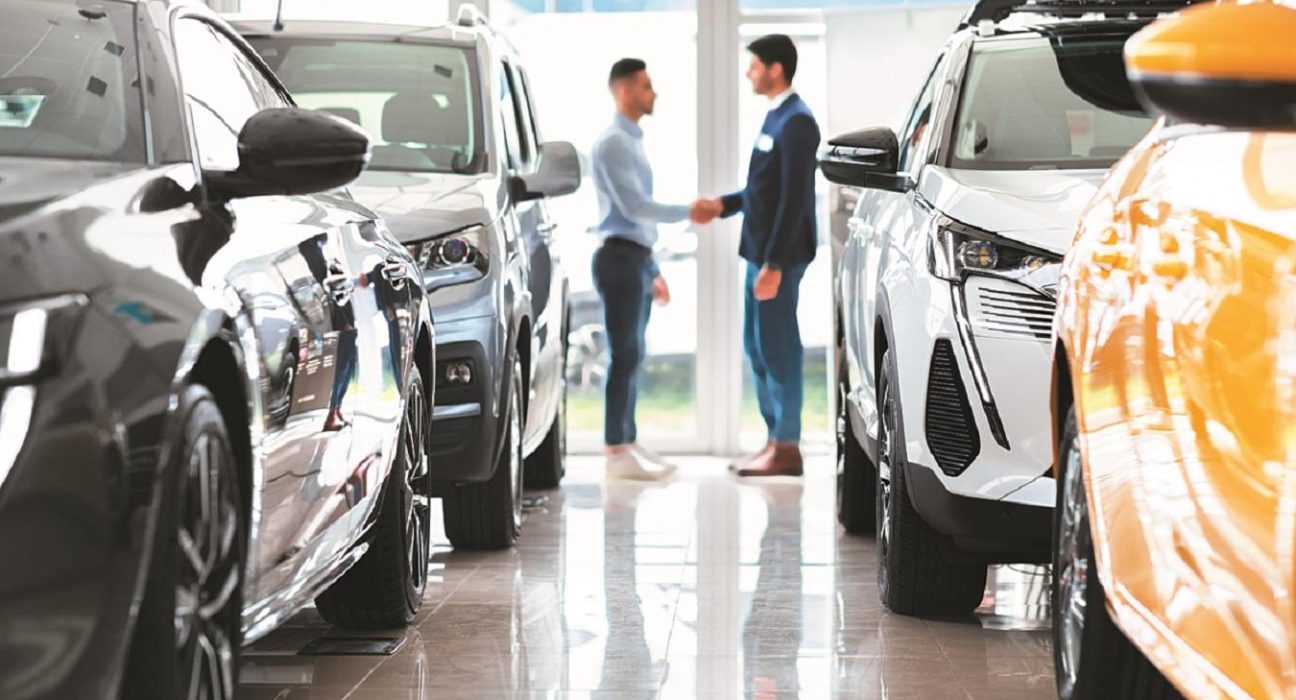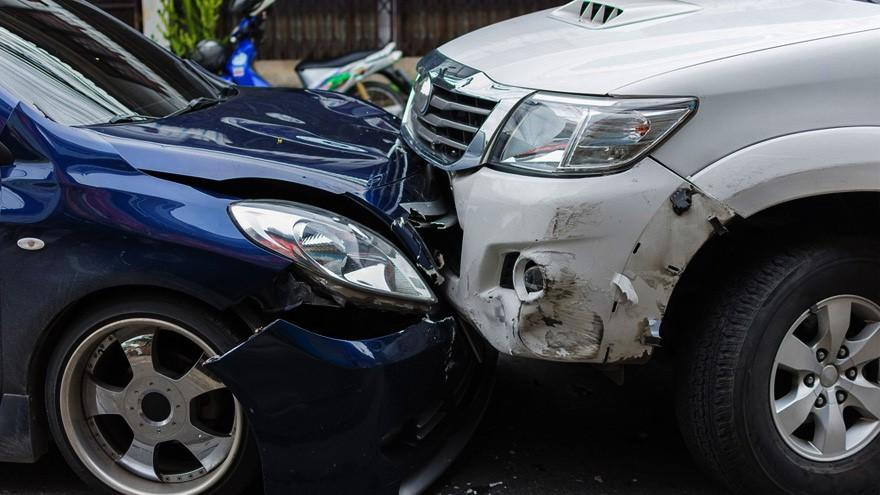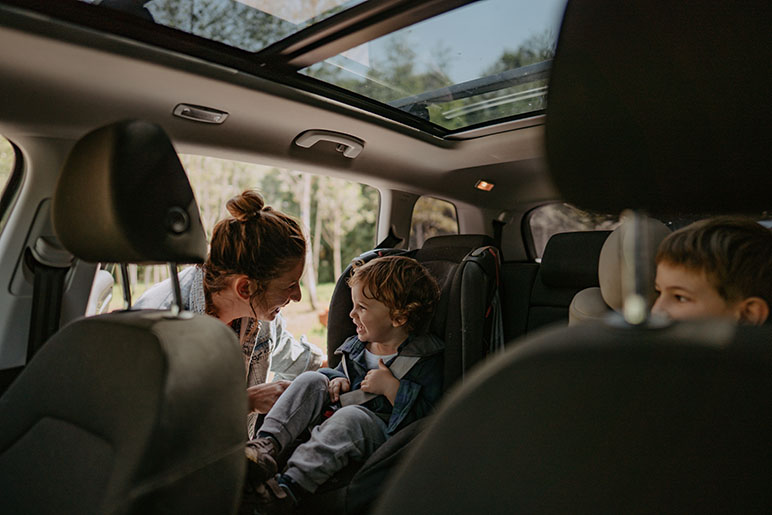Buying a used car can be a smart way to save money — but what if the vehicle you’re considering has been recalled? Many buyers hesitate when they see a recall notice, unsure whether it’s still safe to purchase or not. The truth is, buying a recalled car isn’t always a deal-breaker — but it does require careful research, verification, and responsibility.
In this guide, we’ll explain what a recalled car is, the risks involved, when it’s safe (and unsafe) to buy one, and how to protect yourself before signing any deal.
What Does Recalled Car Mean?
A car recall is issued when a vehicle manufacturer or government agency discovers a defect that poses a potential safety risk or violates motor vehicle standards. The recall is designed to fix, replace, or update the defective part — free of charge to the car owner.
There are two main types of recalls:
- Safety recalls: These involve critical issues such as airbags, brakes, seat belts, or steering systems.
- Non-safety recalls: These relate to problems that don’t pose a direct danger but still affect the car’s performance or compliance (e.g., emissions or software updates).
When a recall is issued, the manufacturer is obligated to contact registered owners and provide free repair instructions through authorized dealerships.
Why Cars Get Recalled
Even the most reputable automakers, like Toyota, Ford, and BMW, issue recalls every year. Modern cars are complex machines made of thousands of interconnected components, so occasional defects are inevitable.
Common reasons for recalls include:
- Faulty airbags (e.g., Takata recall affecting millions worldwide)
- Engine or fuel system leaks that could cause fires
- Brake or steering malfunctions
- Electrical system problems leading to stalling or loss of control
- Software issues affecting safety features in newer vehicles
Recalls are not necessarily a sign of poor quality — they often show that a manufacturer is proactively addressing safety.
Is It Legal to Sell a Recalled Car?
Yes — but it depends on the situation and location.
In the United States
- It is illegal for dealers to sell new cars with open recalls.
- However, used cars with unresolved recalls can still be sold, as long as the buyer is informed.
- Some dealers fix recalls before listing the car, while others sell it “as is.”
In the United Kingdom
- The Driver and Vehicle Standards Agency (DVSA) allows the sale of recalled vehicles if the defect has been corrected.
- Dealers must ensure recall repairs are completed before resale.
In Canada
- The Motor Vehicle Safety Act prohibits manufacturers from selling or leasing recalled vehicles until repairs are made.
- Used car dealers can sell them, but transparency is required.
So, legally speaking, you can buy a recalled car — but whether you should is another question.
Is It Safe to Buy a Car That’s Been Recalled?
It depends on whether the recall has been fixed or not.
Safe to buy: If the recall has already been repaired by an authorized dealer, the car is just as safe as any other model. In fact, it may even be a better deal since the issue was fixed at no cost.
Unsafe to buy: If the car has an open recall — meaning the defect hasn’t been repaired — you should avoid driving it until the repair is completed. Depending on the issue, it could pose a serious safety risk.
How to Check if a Car Has Been Recalled
Before buying a used car — especially online or from a private seller — you should always check its recall history. Here’s how:
Step 1: Find the VIN
The Vehicle Identification Number (VIN) is a unique 17-digit code for each car. You can find it:
- On the dashboard, near the windshield
- On the driver-side door frame
- On the vehicle registration papers
Step 2: Use an Official Recall Checker
United States – NHTSA Recall Lookup
Go to nhtsa.gov/recalls and enter your VIN.
You’ll instantly see if there are any open recalls and whether repairs were completed.
United Kingdom – DVSA Recall Checker
Visit gov.uk/check-vehicle-recall.
Enter your license plate number to see recall details.
Canada – Transport Canada Recall Database
Go to tc.canada.ca/recalls to check by VIN, make, or model.
Step 3: Confirm Repair Completion
If a recall exists, ask the seller or dealer for proof of repair documentation — such as a dealer invoice or manufacturer service record.
Pros and Cons of Buying a Recalled Car
| Pros | Cons |
|---|---|
| Lower price — sellers may discount recalled vehicles | Potential safety risk if not yet fixed |
| Recall repairs are free at authorized dealerships | Delayed parts or repairs may take weeks |
| Some recalls are minor (e.g., software updates) | A history of multiple recalls can hurt resale value |
| Opportunity to verify manufacturer responsibility | Lack of documentation may hide unresolved issues |
A recalled car can still be a smart buy — if the repairs are completed and the price reflects the history.
Questions to Ask Before Buying a Recalled Car
When you find a car you like, don’t hesitate to ask the seller or dealer these key questions:
- Has the recall repair been completed? Request official service documentation.
- Were there multiple recalls for this model? Some cars have more than one recall for different issues.
- Who performed the recall repair? Only manufacturer-authorized dealerships can handle official recalls.
- Are there pending recalls? Check using the VIN to confirm there are no active or incomplete recalls.
- Is the car still under warranty? If so, future recall repairs will also be covered for free.
What to Do If You Already Bought a Recalled Car
If you’ve already purchased the vehicle and later discover an open recall, don’t panic. You still have options.
Step 1: Contact the Manufacturer or Dealer
Call your nearest authorized dealership. Provide your VIN and ask for a recall status check.
Step 2: Schedule a Free Repair
All recall-related fixes are free of charge, even if your car is out of warranty. The dealer will order any necessary parts and notify you when they arrive.
Step 3: Keep the Documentation
Always keep proof that the recall was completed. It helps protect your resale value and shows future buyers that you handled the issue responsibly.
How Recalls Affect Resale Value
Cars with open recalls often have lower resale values because buyers view them as risky. However, if you’ve completed all recall repairs, your car’s value may remain unaffected — or even increase, since it shows maintenance diligence.
Tip for sellers: If you’re selling a recalled car, complete the repair first and include proof of service in your listing. This builds trust and prevents buyers from walking away.
When You Should Avoid a Recalled Car
Even with all the precautions, there are times when buying a recalled car is not worth it. Avoid:
- Vehicles with unresolved safety recalls (especially on airbags, brakes, or steering).
- Cars with multiple recall histories that suggest deeper manufacturing issues.
- Sellers who refuse to provide VINs or service records.
If you see any of these red flags, walk away — there are plenty of safer, equally priced options available.
Final Thoughts: Should You Buy a Recalled Car?
The answer is: yes, but only if the recall has been fixed.
A recall doesn’t automatically make a car unsafe or unreliable. In fact, many vehicles are recalled for minor issues that have no impact on everyday driving once repaired. What matters most is your due diligence — checking the VIN, verifying repairs, and understanding what caused the recall.
If you take those steps, you can safely buy a recalled car and even get a great deal while others hesitate.






